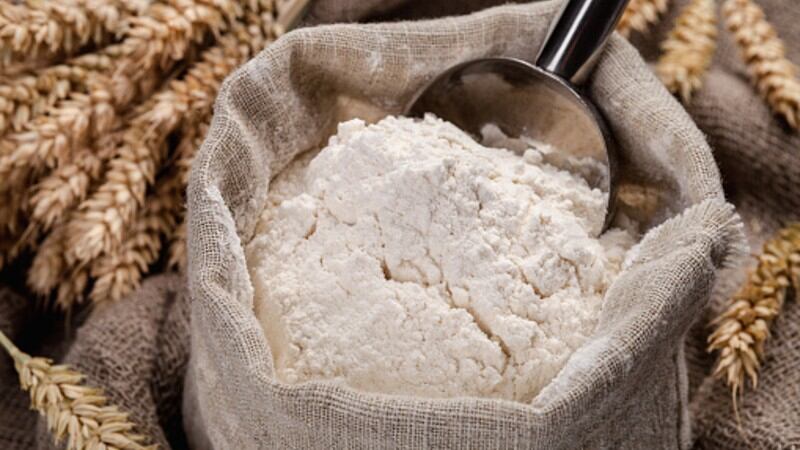A new review reiterates that salt intake has been found to regulate energy expenditure by stimulating non-shivering thermogenesis – a mechanism by which heat is produced by the body to adapt to the cold.
This could open the door for therapeutic applications, providing it didn’t lead to the negative health consequences of high salt intake.
The findings were made available online ahead of publish on the Diabetes, Obesity and Metabolism journal, and the authors come from the Garvan Institute of Medical Research in Australia, University of New South Wales in Australia, and Fujian Medical University in China.
The research received funding support from Australia’s statutory authority, National Health & Medical Research Council, and the Diabetes Australia Research Trust (DART) grant.
The authors had put together a systemic review intended to provide a scientific framework to address the metabolic effects of dietary salt and the potential of salt replacement treatments.
Salt’s role in regulating energy balance
Previous studies in mice and humans elicited that high salt intake helps with thermogenesis and temperature regulation in cold regions; and vice-versa, where cold temperatures make it more likely for humans to consume high-salt foods.
“Historically, this increase in salt intake was believed to be due to the use of salt as a food preservative. However, these epidemiological studies point towards an inverse relationship between a cold ambient temperature and salt intake, highlighting the possibility that increased salt consumption may be physiologically necessary for the body to generate more heat in order to adapt to a cold environment,” the authors state.
However, it is significant to highlight that longer-term high salt intake is associated with risk of developing metabolic disorders by inducing fructose overproduction, leptin resistance, ghrelin overproduction and insulin resistance.
The authors emphasised the need for further studies into the impact of short- and long-term changes in salt intake on energy homeostasis, especially in obese conditions.
Prospects for salt treatments
The study also gathered controversial evidence when it comes to salt reduction interventions, where detrimental health implications were noted in patients.
“A recent observational study analysed the data from the HART study and demonstrated that sodium restriction (<2.5g/day) in patients with HF was associated with an increased risk of death or hospitalization compared to those without a sodium-restricted diet. Likewise, low sodium intake showed worsened systemic inflammation in HF patients.”
Furthermore, the authors brought up the challenges for individual consumers to implement an effective salt reduction strategy without causing harm to their bodies.
That said, replacing dietary salt (sodium chloride) for potassium chloride has often been proposed as an alternative to extreme salt reduction strategies.
Across multiple studies, they consistently showed that reducing dietary sodium and increasing dietary potassium lowers blood pressure.
However, it is key to note that the underlying mechanisms of salt substitution were yet to be found in this review.
Concluding the findings, the authors highlighted that while their study managed to elicit some positive health effects with higher salt intake, there is a pertinent need for further clinical trials to be conducted to explore the direct influence of salt intake on obesity development.
Source: Diabetes, Obesity and Metabolism
DOI: 10.1111/dom.14980
“The Role of Dietary Salt in Metabolism and Energy Balance, Insights Beyond Cardiovascular Disease”
Authors: Qi, W., et al.



